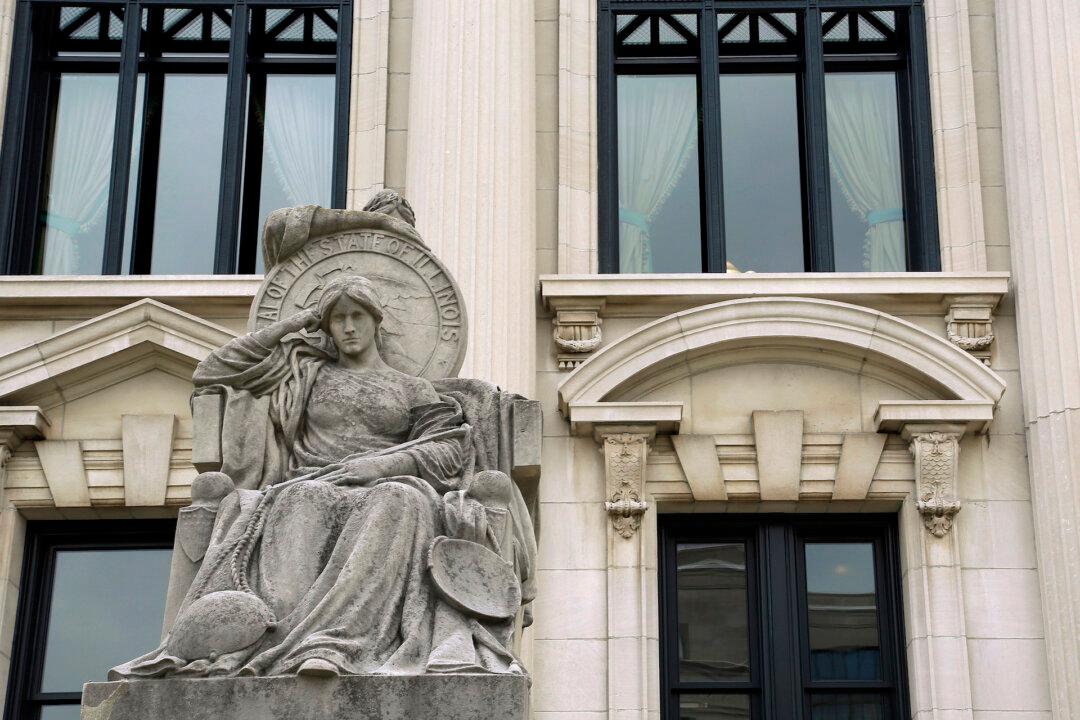The Illinois Supreme Court on July 18 upheld the Pre-trial Fairness Act that eliminates cash bail for criminal defendants awaiting trial.
The landmark decision makes Illinois the first state in the nation to halt the use of cash bail.

The Illinois Supreme Court on July 18 upheld the Pre-trial Fairness Act that eliminates cash bail for criminal defendants awaiting trial.
The landmark decision makes Illinois the first state in the nation to halt the use of cash bail.